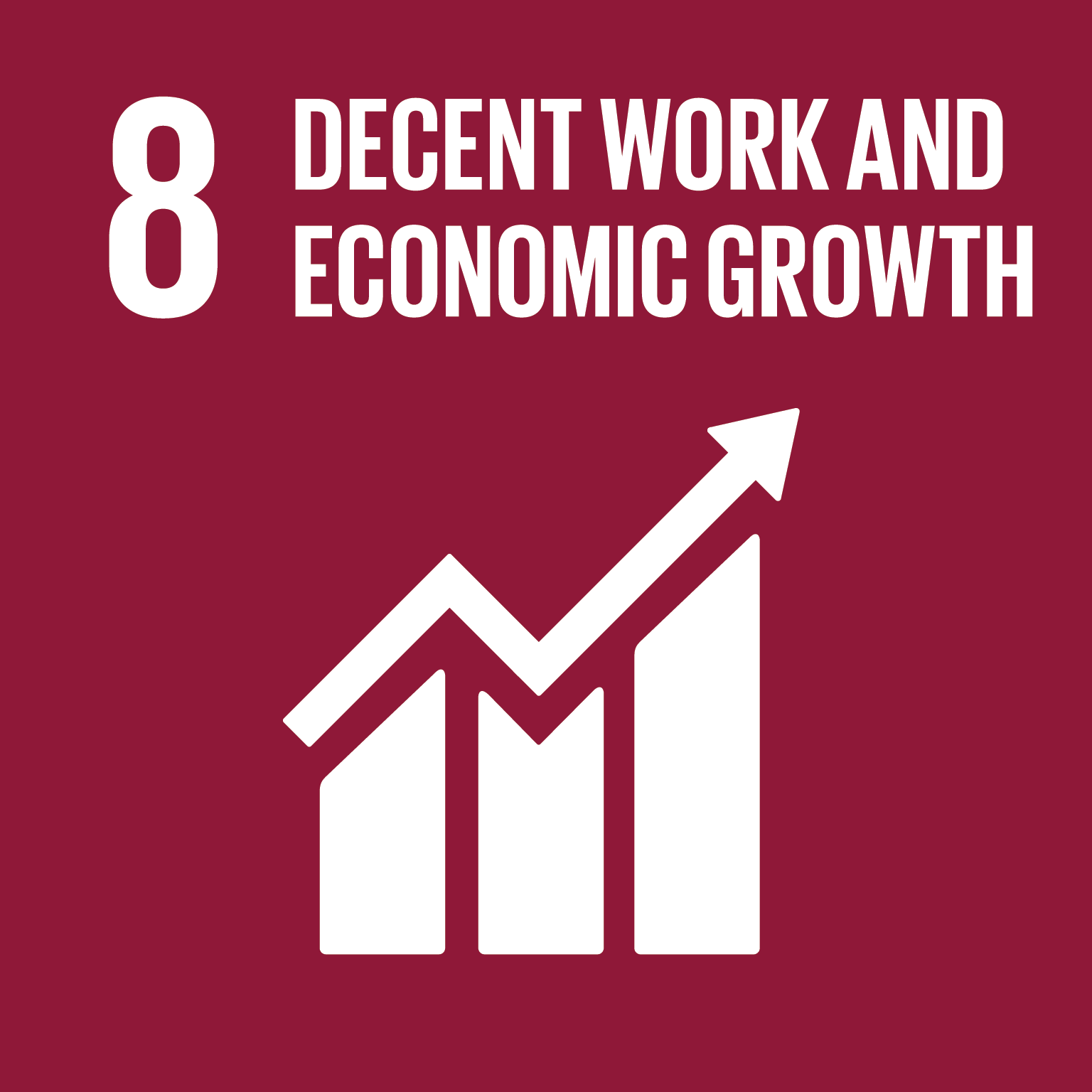Nutrition Smart Agriculture in Haiti
Development of the Nutrition Smart Agriculture Country Profile in Haiti
Challenges
Malnutrition is a leading cause of death in Haiti, affecting up to 33 per cent of children under five. Chronic malnutrition affects nearly 22 per cent of children under five, with rural areas having a higher prevalence than urban areas. Common deficiencies, especially in children and pregnant or lactating women, include Vitamin A, iron, folic acid, iodine, and zinc.
Haiti’s agriculture contributes significantly to the economy, representing 20 per cent of GDP and employing 50 per cent of the population. However, it struggles to meet the growing food demand, making Haiti a net food importer. The EAT-Lancet Commission’s planetary health plate reveals that the consumption of major food groups in Haiti falls below recommended levels, except for starchy vegetables, grains, and red meat. Given Haiti’s diverse climate and environmental conditions, understanding nutrition and food production needs in each department is crucial to ensure access to nutritious food.
Towards a Solution
Nutrition Smart Agriculture (NSmartAg) aims to simultaneously improve agriculture incomes and nutrition outcomes, through agricultural interventions. NSmartAg practices and technologies contribute to addressing local nutrition issues, while increasing farm and/or agribusiness productivity and income. It is a building block of food systems that promotes healthy people, a healthy planet, and healthy economies. The methodology has been developed by the World Bank in other countries.
The main stages in the development of the approach were the following:
- Description of the agricultural and nutritional context and identification of nutrition problems in Haiti (bibliographic research).
- Analysis of the adequacy of the nutrients consumed by the population.
- Identification of categories or groups of food and products.
- Surveys of agri-entrepreneurs/ service providers (transportation), according to the following steps: i. Identification of agribusinesses/ service providers involved in the processing and handling of food represented in the various groups previously identified, ii. Selection of regions and companies to be surveyed, iii. Data gathering: An online questionnaire provided by the sponsor has been used to collect information, iv. Food environment analysis and v. Online Country Profile validation.
The World Bank provided the methodology for developing the Nutrition Smart Agriculture (NSmartAg) Country Profile. In addition, it provided the necessary inputs and tools, such as an online open-source database to upload the results of the surveys and the necessary training for its use. Periodic meetings and check-in calls were organized between the World Bank and IICA throughout the process.
NSmartAg technologies and practices are those focused on primary production and/or agri-food processing and distribution, with farmers and agribusinesses making decisions on what and how to produce. NSmartAg supports the overall Nutrition Sensitive Agriculture agenda for all food. Existing NSmartAg technologies and practices are available to farmers and agribusiness in Haiti, but their adoption has been limited. Thus, there is an opportunity for these NSmartAg technologies and/or practices to be supported by agricultural public policies and programs, with a view to expanding their adoption.
NSmartAg integration into Haitian agricultural policies and programs is feasible, especially in post-harvest and processing investments. However, this will require strong political commitment and a shared vision among all stakeholders, along with the implementation of food safety standards. NSmartAg also offers opportunities for agricultural research and development, such as in fortification, value addition to traditional plants with high nutritional potential, as well as training for agricultural advisory and extension services. This integration must be achieved, by way of financial instruments that are capable of promoting NSmartAg practices and providing technical and financial support to agribusinesses that adopt/enhance these practices.
Contact Information
Luis Carlos Vargas Bolívar, Technical Specialist, Horizontal Cooperation Unit, Inter-American Institute for Cooperation on Agriculture (IICA)
Countries involved
Haiti
Supported By
Inter-American Institute for Cooperation on Agriculture (IICA)
Implementing Entities
The Haiti Delegation, in collaboration with the Panama Delegation of the Inter-American Institute for Cooperation on Agriculture (IICA)
Project Status
Completed
Project Period
2/2020 - 6/2020
URL of the practice
https://repositorio.iica.int/handle/11324/17706Primary SDG
02 - Zero Hunger
Secondary SDGs
12 - Responsible Consumption and Production
Primary SDG Targets
2.1 2.3 2.4Similar Solutions







